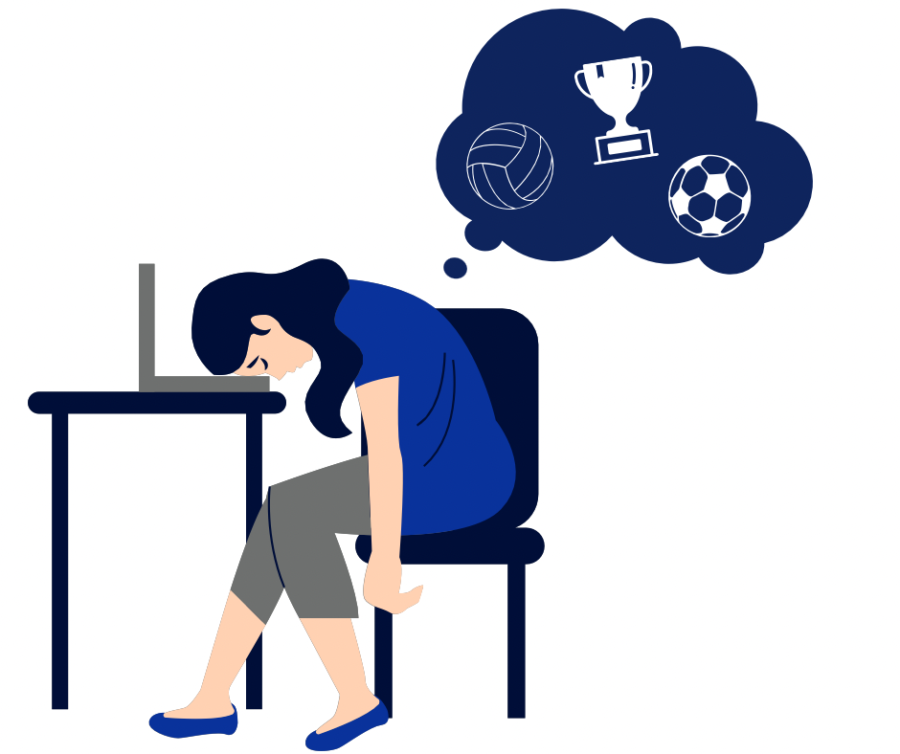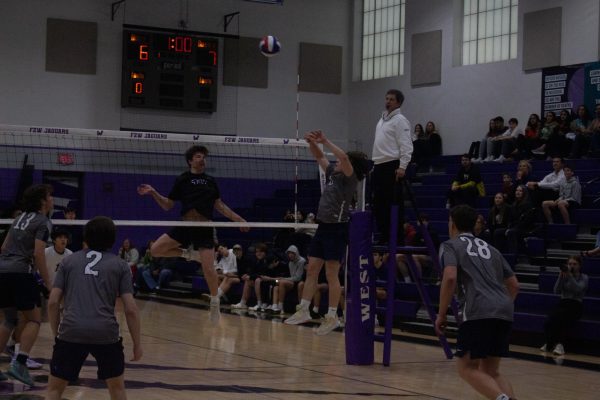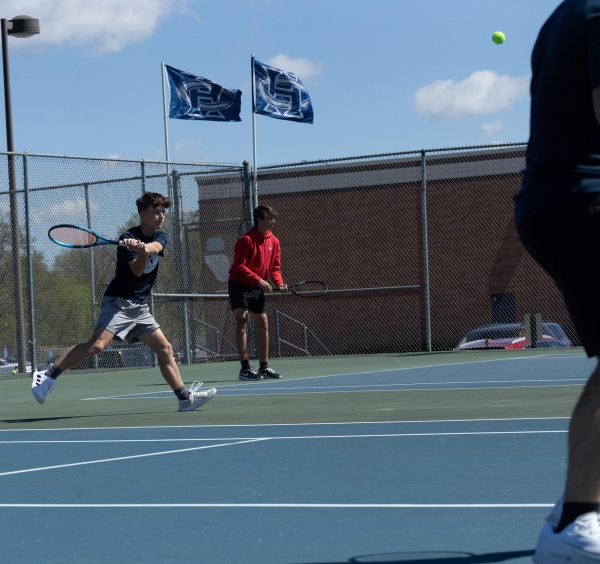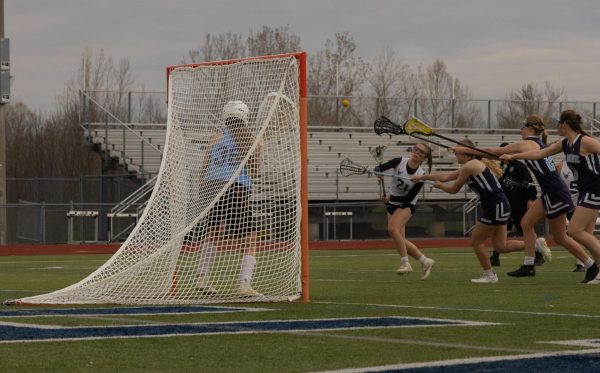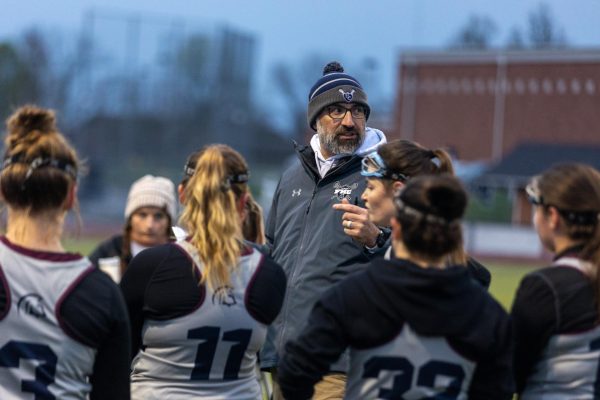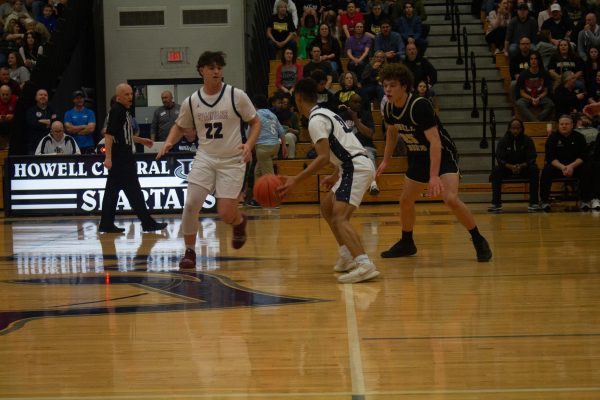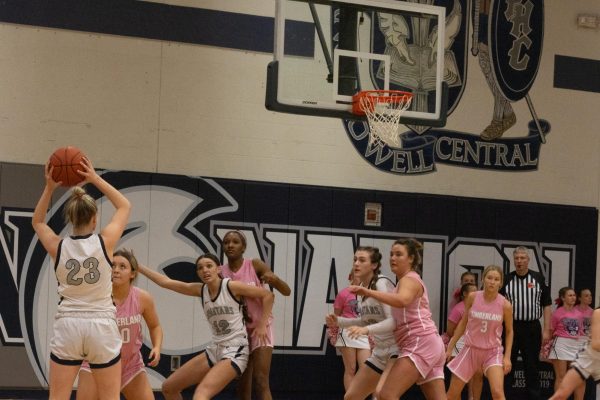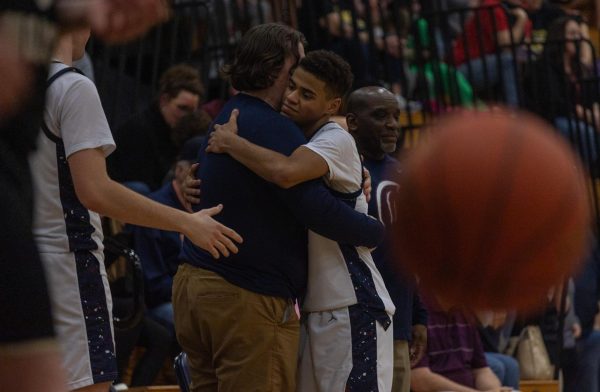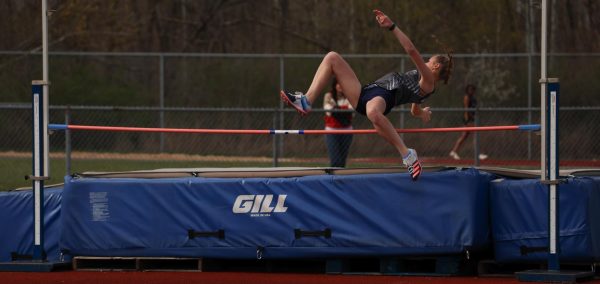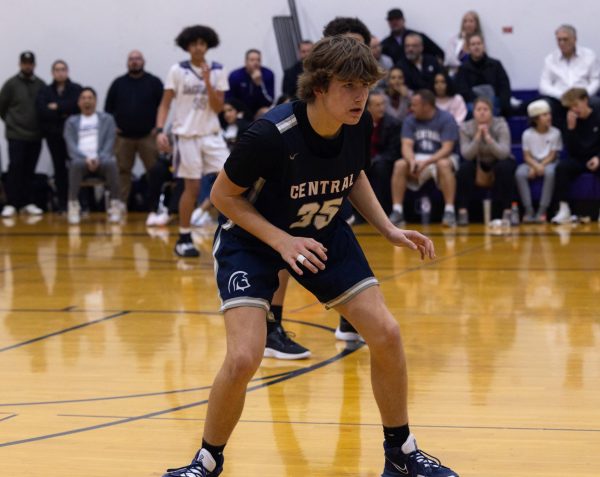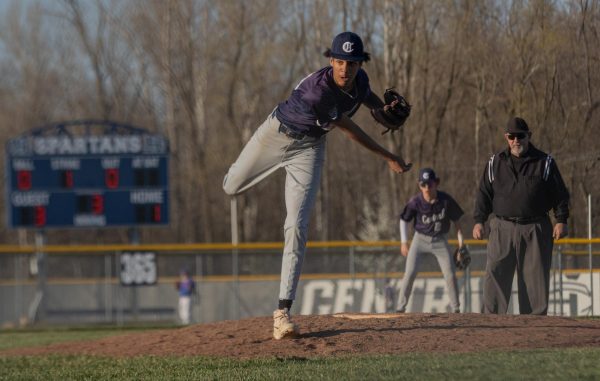Blowing Out The Flame
Student athletes struggle with their fading interest in their pastimes.
Senior Lilly Williams awakes to her alarm blaring beside her. As she begins her morning, she feels her body aching from last night’s volleyball practice. Williams thinks about the day ahead of her. School, volleyball practice, study, and repeat. The cycle continues, and one question sits in the back of her mind. Is my mental health worth risking for success on the field?
Sports burnout, also known as overworking syndrome, is a product of the constant physical and mental stress that comes with the commitment of playing a sport. Whether it be from your peers, coaches, or parents, the weight can feel overpowering and diminish the love for an athlete’s activity. Many players start at the youth level and continue to play throughout high school and college levels, but slowly lose the love later on. While being taught to always give their all, a need for perfectionism can develop into their mindset. As these players are expected to keep up with their sport, it can also be easy for a players mental health to be taxed by the constant pressure.
Williams, a former volleyball player, experienced this strenuous cycle during her sophomore year of high school. After playing for eight years, the exhaustion caught up to her when it became harder to balance school, sports, and keeping enough time for her own mental health.
“My burnout was such a mentally draining time period for me. I was stuck in this middle ground of knowing that my sport is what brings me happiness, but it’s also the thing that’s bringing me the most sadness. I’d have breakdowns or panic attacks at practice, and I knew that playing wasn’t worth what it was causing me to feel. I constantly thought that if I wasn’t training or working out, that I was being lazy and wasting my time,” Williams said.
As she continued to play through her seasons, it became harder for her to play through it without proper breaks or time off from volleyball.
“People don’t realize that volleyball is a year round commitment. June through November is high school volleyball season, and the end of November through May is club volleyball season. I had no time for a job, and I started failing classes because I put my sport in front of school and my own mental health. I eventually stopped doing my work and started cutting school, because I was constantly so tired from getting home at 10:45 from practices every night,” Williams said.
Junior Kylee Gundaker has been playing soccer as a goalkeeper for 12 years, pushing through each season regardless of her injuries or tiredness. With high expectations being put on her each game and practice, the weight can start to feel overbearing.
“Sports burnout can all depend on the environment of people you are surrounded with. Whether it’s you being hard on yourself, or others putting a certain amount of pressure on you, you lose love for what you do,” Gundaker said. “Talking to your coaches and teammates just so you can relieve that stress can help you start to feel better about yourself and your sport. Nobody is going to be perfect at their sport, and not everyone is going to get to the higher level everyone expects out of you.”
Mr. Patrick Reed has been a teacher for 23 years and the girls tennis coach for 13 years. As a coach, he has experienced and seen his own athletes go through a burnout, and offers some insight for those who are struggling.
“I think a lot of it comes down to their own expectations and the expectations placed upon them by others, which could be a coach, but it could also be a parent or another family member. I think that plays a big role in the creation of your own expectations, whether or not there were outside extrinsic or inside intrinsic forces.” Mr. Reed said. “I think what can really prevent burnout is to take breaks from that sport. If one player only plays basketball for 365 days a year, that usually leads into that burnout phase. It also doesn’t usually translate super well since it wears the body down because you’re using the exact same parts of the body over and over and over.”
Without time off from an athlete’s sport, they can start feeling worn out and might exert less effort in the future.
“That’s why we’d love multi-sport athletes so they can get breaks from one sport at a time.. You know, I did two different sports. One was very team focused, and one was very individual focused, and that kind of helped me scratch both itches. But even if you’re just a one sport athlete, you need to get away from the sport for a while,” Mr. Reed said.
As important it is to prioritize school and your sport, try to find a balance to keep your body and mind healthy. Communicate how you are feeling to your family and coaches, and peers for ways on how you can relieve some of this stress and burnout.
“You always need to remind yourself, not just physically take a break, but mentally take a break because you never want the pressure of the sport to ever exceed the pleasure that you get from it,” Mr. Reed said.
Your donation will support the student journalists of Francis Howell Central High School. Your contribution will allow us to purchase equipment and cover our annual website hosting costs. FHCToday.com and our subsequent publications are dedicated to the students by the students. We hope you consider donating to allow us to continue our mission of a connected and well-informed student body.




